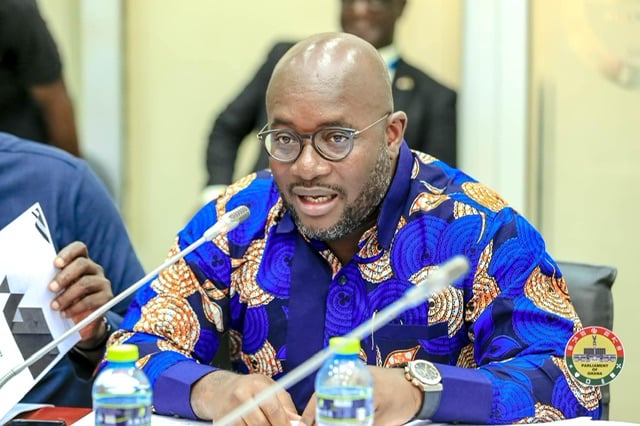Andrew Egyapa Mercer’s defeat in the Sekondi parliamentary elections underscores the intricate balancing act required of individuals holding ministerial positions while simultaneously seeking re-election. His explanation centers on the demanding nature of his role as Minister for Tourism and Creative Arts, a portfolio encompassing oversight of 16 agencies. This extensive responsibility, he contends, severely constrained his ability to engage in effective campaigning, ultimately contributing to his loss. The sheer volume of ministerial duties, requiring constant attention and management across a diverse range of agencies, left him with limited time to connect with his constituents on the ground. This time constraint translated into a belated start to his campaign, hindering his ability to build momentum and establish a strong presence within the constituency. While he acknowledges undertaking “a lot of engagements and a few rallies,” Mercer admits this level of outreach proved insufficient to resonate with voters and secure their support.
The 2024 general elections painted a starkly different picture for the New Patriotic Party (NPP) compared to their previous successes in 2016 and 2020. The party experienced significant losses across numerous parliamentary seats, including Mercer’s in Sekondi. This shift in voter sentiment reflects a dynamic electoral landscape, with Ghanaians seemingly opting for a change in leadership. Mercer himself recognized this evolving political climate, acknowledging that the 2024 elections presented a distinct outcome, driven by the electorate’s desire for a different direction. His defeat, therefore, can be viewed within the broader context of the NPP’s struggles to maintain its hold on power, suggesting a potential nationwide swing in voter preferences.
The NPP’s losses extend beyond Sekondi, indicating a more widespread challenge for the party. Political analysts point to several factors contributing to this decline, including growing public dissatisfaction with the NPP’s governance and the economic hardships faced by many Ghanaians under their administration. These issues likely fueled the desire for change observed in the election results, impacting not just individual races like Mercer’s, but the party’s overall performance. The combination of perceived governance shortcomings and economic struggles created a challenging environment for the NPP, making it difficult for them to retain the support they had enjoyed in previous elections. This broader political landscape provides crucial context for understanding Mercer’s defeat, situating it within a larger narrative of shifting voter allegiances and a desire for new leadership.
The confluence of ministerial responsibilities and the evolving political climate created a perfect storm for Mercer, hindering his ability to effectively campaign while simultaneously facing a more discerning electorate. His predicament highlights the inherent tension between serving in a demanding government position and maintaining the necessary connection with constituents required for re-election. The limited time available for campaigning, coupled with the broader challenges faced by the NPP, placed him at a significant disadvantage. While his efforts to engage with voters through various means are acknowledged, they ultimately proved insufficient to overcome the combined impact of these factors.
Despite the setback, Mercer expresses gratitude for the opportunity to have served Sekondi and remains committed to contributing to the constituency’s development, albeit in a different capacity. His acceptance of the election results and his continued dedication to his community suggest a desire to remain involved in public service, even outside of elected office. This commitment to Sekondi, even after defeat, speaks to his ongoing dedication to the area and its people. While his parliamentary journey may have concluded, his desire to contribute to its growth and progress remains.
In conclusion, Andrew Egyapa Mercer’s defeat in the Sekondi parliamentary elections reflects a complex interplay of factors, including the demanding nature of his ministerial role, the shift in voter sentiment towards the NPP, and the broader economic and political challenges faced by the party. His experience serves as a case study in the difficulties of balancing ministerial responsibilities with the demands of campaigning and underscores the evolving dynamics of Ghana’s political landscape. While his time as a Member of Parliament has come to an end, his commitment to Sekondi and his willingness to continue serving his community demonstrate a continued dedication to public service. His defeat, while personally disappointing, offers valuable insights into the challenges faced by those seeking to navigate the often-turbulent waters of politics.














